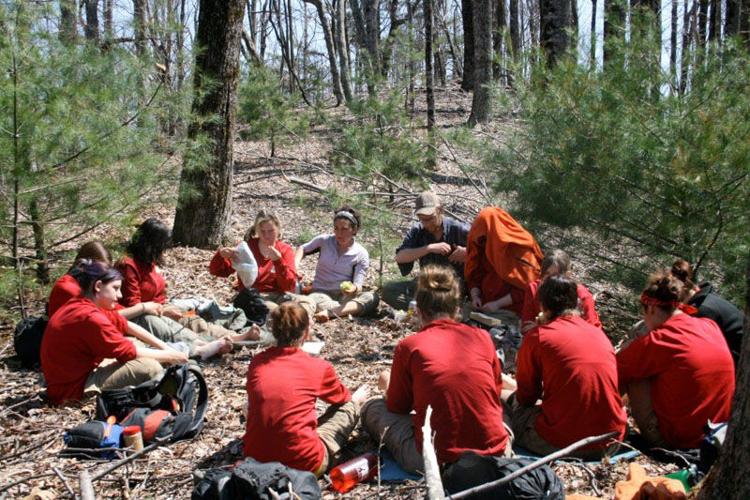Trails Carolina is a wilderness therapy program in North Carolina’s Blue Ridge Mountains dedicated to helping troubled teenagers overcome emotional and behavioral difficulties.
Allegations of mistreatment and safety concerns have led to calls for greater regulation and transparency in therapeutic wilderness programs like Trails Carolina. This article investigates some of its key issues.
Safety
Wilderness therapy unquestionably has many advantages, yet must be conducted with maximum transparency and accountability. Investigations must adhere to a stringent code of ethics; only then can trust be restored between program participants and staff.
Importantly, it’s also essential to realize the risks of wilderness therapy are real. Over the years, numerous reports of physical harm and emotional abuse have surfaced from former participants and whistleblowers.
Trails Carolina was accused of employing isolation rooms and physical restraint as a form of discipline for participants, according to multiple inspection reports by the NC Department of Health and Human Services (DHHS). Alec Lansing, 17, died after running away from his group while participating in an excursion organized by Trails Carolina in November 2014. Critics noted their failure to call for assistance after his fall fractured his femur.
Transparency
Trails Carolina “Investigation”, a wilderness therapy program for troubled teens, boasts healing and redemption; however, former participants and their families have complained of abuse, mistreatment, and lack of transparency from this program.
Horror stories about wilderness therapy have cast serious doubt upon its efficacy and demonstrated the need for greater accountability and oversight within this industry. Establishing standard guidelines and transparency measures can help avoid abuses in the future and ensure the wellbeing of vulnerable adolescents remains top of mind.
Unfortunately, these issues have damaged the reputation of wilderness therapy programs and led to a loss of trust within communities. But the truth is that many individuals have had positive experiences with wilderness therapy programs; they’ve helped them overcome problems and develop life skills for a healthy future. It is key when selecting such programs to choose one which prioritizes open communication between participants and families while prioritizing long-term mental health for its participants.
Community
Trails Carolina is one of the premier wilderness programs helping teenagers address adolescent behavioral problems. Offering therapeutic wilderness experiences and helping teens explore nature to gain perspective and direction in life. However, recent troubling reports regarding safety standards and ethical practices has raised eyebrows over this program.
Alleged abuses have caused survivors emotional distress and negatively affected their mental health, with many teens reporting being denied essential medical services. As a result, an investigation has been initiated into this program and its employment practices.
Parents must take proactive measures to protect their children from wilderness programs, including researching them, requesting visit schedules and assessing safety standards. Parents should then enroll their child in an effective yet safe program like residential treatment centers that offer more clinical care in designated facilities.
Support
Trails Carolina implemented several reforms and improvements following their investigation to shore up their reputation and rebuild trust, including increasing safety protocols and taking a more comprehensive approach to mental wellbeing.
Grace spent time at Trails to address issues of depression and anxiety, learn to communicate more effectively with her family members, and gain skills needed to increase academic focus – this enabled her to return to school confidently for her senior year of high school.
Trails ensures families remain actively involved in their child’s treatment program through various workshops and activities such as Parent Workshop, Common Ground, and weekly phone calls with a family therapist. Through this means, Trails is able to assist families in creating long-lasting change for themselves; mend strained relationships; assist parents in building healthy parenting practices; as well as create a positive outlook on life while enabling children to reach their full potential.














